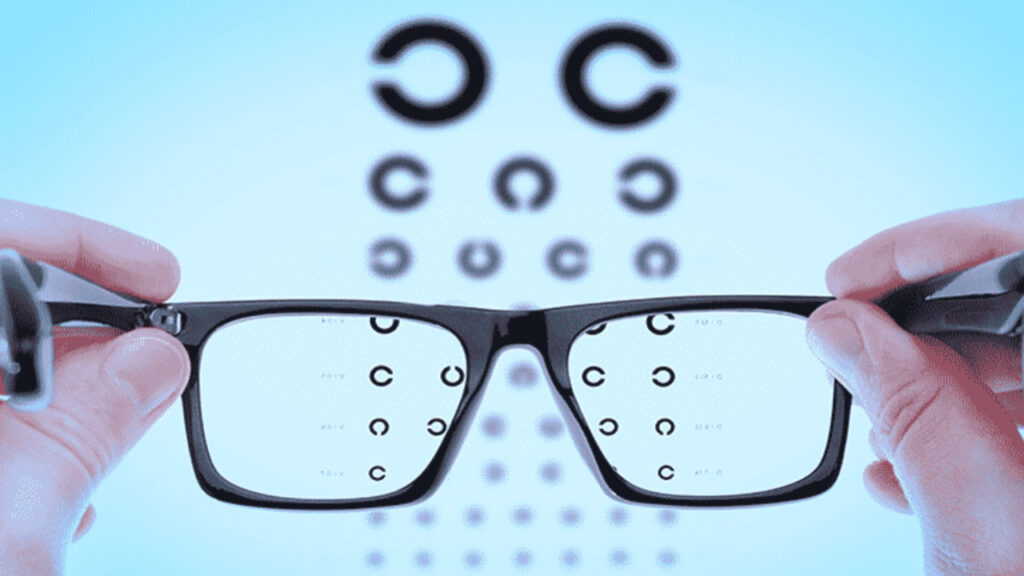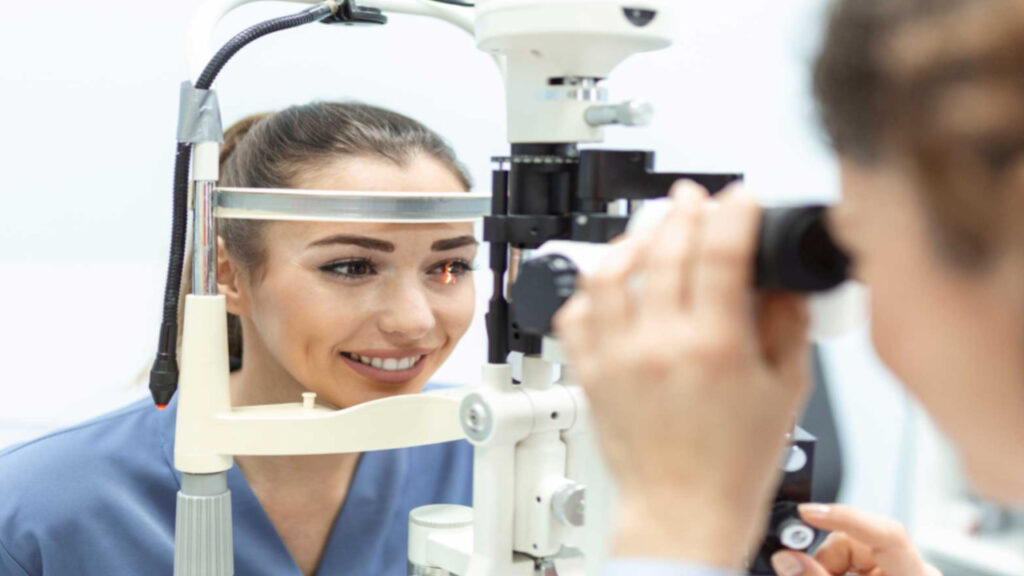Eye Care Tips
Our eyes are one of the most important organs in the body, helping us to see and experience the world around us. However, with the increased use of digital devices and long hours spent indoors, many people experience eye strain, dryness, and other vision-related problems. Taking care of your eyes doesn’t always require special equipment or expensive treatments. By following some basic eye care habits, you can protect your vision and keep your eyes healthy for years to come.

Follow the 20-20-20 Rule
Spending long hours in front of a computer or smartphone can cause digital eye strain. A simple and effective way to reduce this is the 20-20-20 rule. Every 20 minutes, take a 20-second break and look at something 20 feet away. This helps your eyes relax and prevents fatigue.
Keep Your Eyes Moisturized
Dry eyes are a common issue, especially in air conditioned rooms or during screen time. Blinking more often, using a humidifier, or using artificial tears (eye drops) can help maintain proper moisture. Drinking plenty of water also supports overall eye health.
Wear Sunglasses Outdoors
Exposure to ultraviolet (UV) rays from the sun can damage your eyes over time and increase the risk of cataracts and other conditions. Wearing sunglasses that block 100% of UVA and UVB rays can protect your eyes from sun damage.

Maintain a Balanced Diet
A healthy diet benefits your eyes as much as your body. Foods rich in vitamins A, C, and E, along with zinc and omega-3 fatty acids, support eye health. Carrots, spinach, kale, fish, eggs, and citrus fruits are especially good for maintaining good vision.
Practice Proper Hygiene
Avoid rubbing your eyes with unwashed hands, as this can introduce bacteria and lead to infections. If you wear contact lenses, make sure to clean and store them properly. Always remove makeup before sleeping to prevent irritation.

Get Regular Eye Exams
Even if you don’t wear glasses, regular eye checkups can help detect problems early. Many vision issues don’t show symptoms at first, so early detection is key to effective treatment.
Adjust Lighting and Screen Settings
Make sure your work or reading area is well lit to reduce strain. Adjust the brightness and contrast on your digital screens to comfortable levels. Using blue light filters on screens, especially at night, can also help protect your eyes from fatigue and sleep disturbances.
Caring for your eyes doesn’t have to be complicated. By making small changes in your daily routine like taking breaks from screens, eating a healthy diet, and protecting your eyes from the sun, you can significantly improve your eye health. Good vision is essential for a good quality of life, so make eye care a priority every day.





